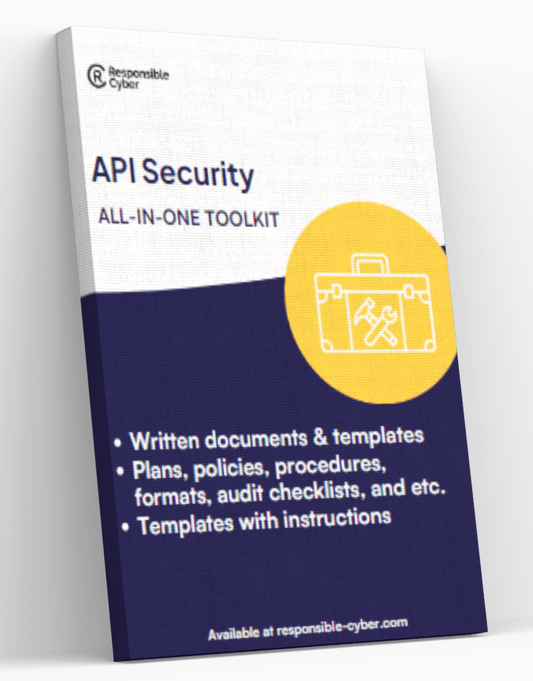Third-Party Risk Management with RiskImmune: The Power of a Vendor Risk Platform

The evolution of VRM platforms, exemplified by systems like RiskImmune, reflects the growing need for more sophisticated, efficient, and actionable risk assessment tools. RiskImmune, a cutting-edge vendor risk platform, offers a comprehensive solution designed to enhance the security and compliance of companies by streamlining the process of assessing, monitoring, and mitigating the risks associated with third-party vendors.
Understanding the Need for a Vendor Risk Platform
Businesses across industries engage with a myriad of vendors — from IT service providers and data processors to supply chain partners and freelance contractors. Each vendor carries potential risks, be they operational, financial, reputational, or compliance-related. The consequences of inadequate vendor risk management can be severe. High-profile data breaches and compliance failures have led to substantial financial losses, legal repercussions, and damaged reputations.
This complex risk landscape necessitates a robust system to identify and manage vendor-related risks effectively. A dedicated vendor risk platform like RiskImmune not only identifies and assesses risks but also provides tools to manage and mitigate these risks proactively.
The Features and Benefits of RiskImmune
1. Comprehensive Risk Assessments
RiskImmune's core functionality revolves around its comprehensive risk assessment capabilities. The platform employs advanced algorithms to analyze vendor data, assess risk levels, and provide detailed risk profiles. It integrates various risk indicators, including cybersecurity posture, financial stability, and compliance track records, to offer a holistic view of each vendor's risk landscape.
2. Continuous Monitoring
Unlike traditional VRM systems that rely on periodic assessments, RiskImmune offers continuous monitoring of vendor activities and external environments. This dynamic approach ensures that businesses can respond to new risks as they emerge. Whether it's a sudden financial downturn of a supplier or a cybersecurity vulnerability in a software provider's product, RiskImmune alerts the relevant stakeholders in real time, facilitating swift action.
3. Regulatory Compliance Tools
In the age of GDPR, HIPAA, and other regulatory frameworks, compliance is more critical than ever. RiskImmune provides tailored compliance management features that help organizations ensure that their vendors adhere to relevant laws and standards. This is particularly beneficial for industries like healthcare and finance, where non-compliance can result in significant penalties.
4. Integration Capabilities
RiskImmune stands out for its ability to seamlessly integrate with existing enterprise systems such as ERP, CRM, and SCM. This integration capability ensures that vendor data flows smoothly across various business functions, enhancing the accuracy of risk assessments and the efficacy of risk mitigation strategies.
5. Customizable Risk Matrices
Every industry and business has unique risk thresholds and requirements. RiskImmune offers customizable risk matrices that allow users to define and prioritize risks based on their specific business context. This customization extends to reporting and dashboard functionalities, enabling users to create visual representations of data that are most relevant to their roles and responsibilities.
Practical Applications of RiskImmune in Various Industries
1. Healthcare
In healthcare, where the handling of sensitive patient information necessitates strict compliance with privacy laws, RiskImmune helps institutions assess which vendors comply with HIPAA regulations. By continuously monitoring these vendors, healthcare providers can ensure that PHI (Protected Health Information) is always handled securely, reducing the risk of data breaches.
2. Finance
Financial institutions use RiskImmune to assess the financial stability and cybersecurity practices of their vendors. This is crucial in a sector where a data breach or a vendor’s financial failure can have catastrophic implications for markets and consumer trust.
3. Retail
For the retail industry, supply chain disruptions pose a significant risk. RiskImmune helps retailers evaluate the reliability and stability of their suppliers, thereby minimizing the risk of stock shortages and ensuring smooth operations, especially during peak seasons.
RiskImmune: A User Experience Perspective
User testimonials highlight RiskImmune’s impact on their operational efficiency. One risk manager in the financial sector noted, "RiskImmune has transformed our approach to vendor management. Its real-time monitoring and comprehensive risk assessments have allowed us to preempt potential issues, saving us time and money."
Conclusion
RiskImmune embodies the next generation of vendor risk management. With its comprehensive risk assessment tools, continuous monitoring capabilities, and regulatory compliance support, RiskImmune is more than just a software solution—it is an essential partner in the quest to manage third-party risks effectively. As businesses continue to navigate an increasingly complex vendor landscape, platforms like RiskImmune will play a pivotal role in ensuring they do so securely and successfully.
FAQs About Vendor Risk Platforms
-
What is a vendor risk platform?
- A vendor risk platform is a specialized software system designed to help organizations manage and mitigate risks associated with their third-party vendors. These platforms provide tools for risk assessment, continuous monitoring, and regulatory compliance management.
-
How does continuous monitoring work in a vendor risk platform?
- Continuous monitoring involves the real-time surveillance of vendor activities and relevant external factors that might influence risk levels. This is achieved through the integration of various data sources and the use of automated alert systems.
-
Can a vendor risk platform replace traditional risk management practices?
- While a vendor risk platform can significantly enhance traditional risk management practices by automating and systematizing many processes, it should be used in conjunction with established risk management strategies rather than as a replacement.
-
What should companies look for when choosing a vendor risk platform?
- Companies should look for platforms that offer comprehensive risk assessment capabilities, ease of integration with existing systems, continuous monitoring features, and robust compliance tools. Customizability and user-friendly interfaces are also important factors to consider.
RiskImmune offers a forward-thinking solution for modern businesses aiming to manage their vendor risks efficiently and effectively. By leveraging such platforms, organizations can not only protect themselves against potential threats but also foster stronger, more reliable relationships with their vendors.
Risk management is no longer a luxury reserved for the few:











